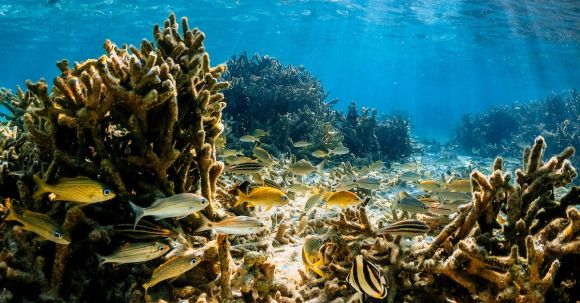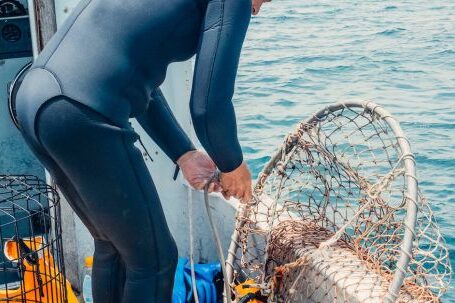Coral reefs are one of the most diverse and valuable ecosystems on our planet. They provide a home for countless marine species, protect our coastlines from erosion, and support local economies through tourism and fisheries. However, coral reefs are under threat from human activities such as overfishing, pollution, and climate change. As concerned individuals, we can become coral reef ambassadors and advocate for conservation efforts to protect these fragile ecosystems. In this article, we will explore how you can become a coral reef ambassador and make a real difference in protecting these vital habitats.
1. Educate Yourself
The first step to becoming a coral reef ambassador is to educate yourself about coral reefs and the challenges they face. Learn about the different types of coral reefs, their importance, and the threats they encounter. Familiarize yourself with the key issues, such as coral bleaching, ocean acidification, and destructive fishing practices. Stay up to date with the latest research and news related to coral reef conservation. The more you know, the better equipped you will be to advocate for change.
2. Raise Awareness
Once you have a good grasp of the issues, it’s time to raise awareness among your friends, family, and community. Start conversations about coral reefs and their importance. Share articles, documentaries, and social media posts that highlight the beauty and significance of these ecosystems. Organize educational events or presentations to spread the word about the threats facing coral reefs and the actions that can be taken to protect them. By raising awareness, you can inspire others to join the cause.
3. Support Conservation Organizations
Many organizations are dedicated to the conservation of coral reefs. Support their efforts by volunteering your time, donating money, or participating in fundraising events. These organizations often conduct research, implement conservation projects, and lobby for policy changes. By supporting them, you contribute directly to the protection of coral reefs and amplify your impact as a coral reef ambassador.
4. Make Sustainable Choices
Our daily actions can have a significant impact on coral reefs. Adopt sustainable practices in your own life to reduce your ecological footprint. Choose seafood that is sustainably sourced, avoid single-use plastics, and reduce your carbon emissions. By making conscious choices, you can help alleviate the pressures on coral reefs and set an example for others to follow.
5. Engage with Policy Makers
Advocacy is a powerful tool in creating change. Engage with local, regional, and national policymakers to voice your concerns about coral reef conservation. Write letters, make phone calls, and attend public meetings to express your support for policies that protect coral reefs. Join or start campaigns that push for stronger regulations on fishing, pollution control, and climate change mitigation. Your advocacy efforts can influence decision-makers and contribute to the development of effective conservation policies.
6. Share Your Experiences
If you are fortunate enough to visit a coral reef, share your experiences with others. Through storytelling, photography, or videos, convey the beauty and fragility of these ecosystems. Inspire others to appreciate and protect coral reefs by showcasing their unique biodiversity and the urgent need for conservation. By sharing your experiences, you can encourage others to become coral reef ambassadors themselves.
In conclusion, becoming a coral reef ambassador requires education, awareness, action, and advocacy. By educating yourself, raising awareness, supporting conservation organizations, making sustainable choices, engaging with policymakers, and sharing your experiences, you can make a significant difference in the protection of coral reefs. As coral reef ambassadors, we have the power to advocate for conservation efforts and ensure the long-term survival of these extraordinary ecosystems. Together, we can protect and preserve coral reefs for future generations.





